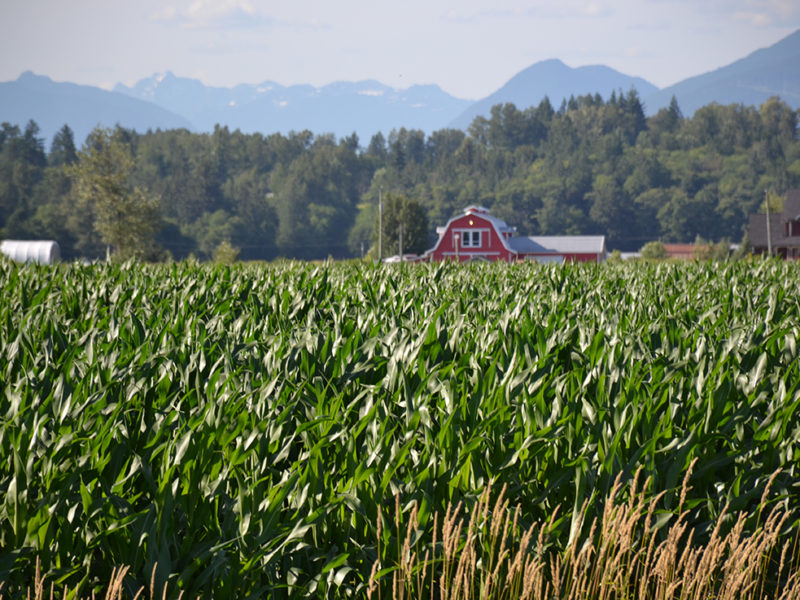BC agriculture had an economic impact on the province of nearly $8.5 billion in 2019, according to a new study MNP prepared for the BC Agriculture Council and Investment Agriculture Foundation of BC.
The figure represents the total output of the crop and livestock sectors, as well as indirect impacts from spending on supplies and induced impacts from salaries and benefits to the 55,000 workers who owe their jobs to the sector.
According to the report, direct outputs from the sector account for $4.6 billion while indirect and induced impacts add a further $3.9 billion to the sector’s contributions to the BC economy. The sector’s net contribution to the province’s gross domestic product (GDP) is $3.9 billion.
“[The] impact study creates a significant opportunity for the sector to re-brand ourselves and create a new vision for agriculture in BC,” says BCAC president Stan Vander Waal, noting the importance of agriculture in the province’s economic recovery.
BCAC will be driving this point home with government following the October 24 provincial election.
“BC Agriculture Council looks forward to working with the BC NDP as a part of the province’s economic recovery plan,” says Vander Waal.
MNP notes that agriculture is fundamental to food and beverage processing, the largest of Canada’s manufacturing sectors in terms of employment. BC farms supply 38% of all inputs purchased by the province’s food processors, contributing to a further $11.1 billion worth in value-added outputs.
“I believe that this report is an important step in developing an overall vision and strategy for the agriculture, seafood and processing sectors in BC,” says James Donaldson, CEO of BC Food and Beverage, which represents the processing sector.
The government also benefits from agriculture’s success. According to MNP, the province’s farms pay close to $400 million in taxes annually, with an additional $550 million paid by suppliers and workers.


 Strong fundamentals for beef market
Strong fundamentals for beef market